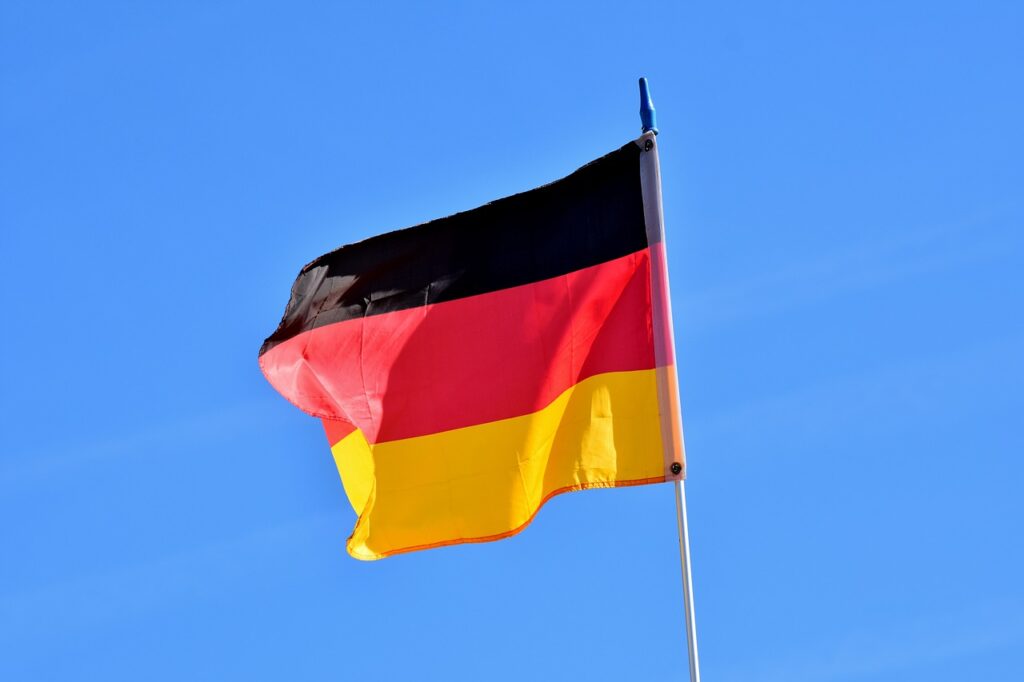Addressing Supply Chain Disruptions and Geopolitical Risks
Germany has announced a €2 billion investment in its semiconductor industry, aiming to fortify Europe’s chip supply chain. This initiative follows Intel’s delay of a €30 billion chip factory project in Magdeburg earlier this year, which dealt a significant blow to Germany’s semiconductor ambitions. The new funding is part of Germany’s commitment to the European Union’s 2023 Chips Act, which seeks to boost Europe’s share of global semiconductor production to 20% by 2030.
The global semiconductor shortage and rising geopolitical tensions—especially between the U.S. and China over Taiwan—have highlighted the need for greater independence in chip manufacturing. To address these challenges, Germany’s investment focuses on developing state-of-the-art chip production capabilities, reducing reliance on foreign suppliers, and ensuring the resilience of Europe’s tech industries.
Overcoming Setbacks in Germany’s Semiconductor Plans
Germany’s push to expand its semiconductor industry has faced significant hurdles. Intel’s decision to delay its Magdeburg project, which was expected to receive €10 billion in EU subsidies, marked a major setback. Additionally, other initiatives, like a planned joint venture between Wolfspeed Inc. and ZF Friedrichshafen AG, have fallen through. These challenges underscore the difficulties of establishing large-scale semiconductor manufacturing in Europe.
Despite these setbacks, Germany remains determined. The €2 billion investment will fund 10 to 15 projects across the semiconductor production chain, including wafer manufacturing and microchip assembly. This approach aims to create a sustainable semiconductor ecosystem that aligns with the EU’s goal of reducing dependency on external suppliers.
Fostering Technological Leadership and Innovation
Annika Einhorn, a spokesperson for Germany’s Ministry of Economic Affairs, emphasized that the funding will support the development of cutting-edge production capacities. This focus on innovation seeks to address current supply chain vulnerabilities while positioning Germany as a leader in advanced semiconductor technology.
The program also aims to attract private-sector participation, fostering long-term growth in Europe’s tech sector. Early beneficiaries of the European Chips Act, such as Intel and the joint venture between Infineon and TSMC in Dresden, have already demonstrated the potential impact of these investments.
However, with federal elections scheduled for February 2025, the next German government will need to finalize the budget and decide on the future direction of semiconductor initiatives.
Securing Europe’s Semiconductor Future
Germany’s €2 billion investment reflects a strategic move to localize semiconductor production and reduce Europe’s dependence on external suppliers. As global demand for semiconductors continues to rise amid ongoing geopolitical risks, ensuring a reliable domestic supply has become increasingly urgent.
This commitment signals Germany’s ambition to lead Europe’s technological advancement while addressing critical supply chain vulnerabilities. If successful, these efforts could bolster the European semiconductor industry, offering significant economic and strategic benefits for the continent.


